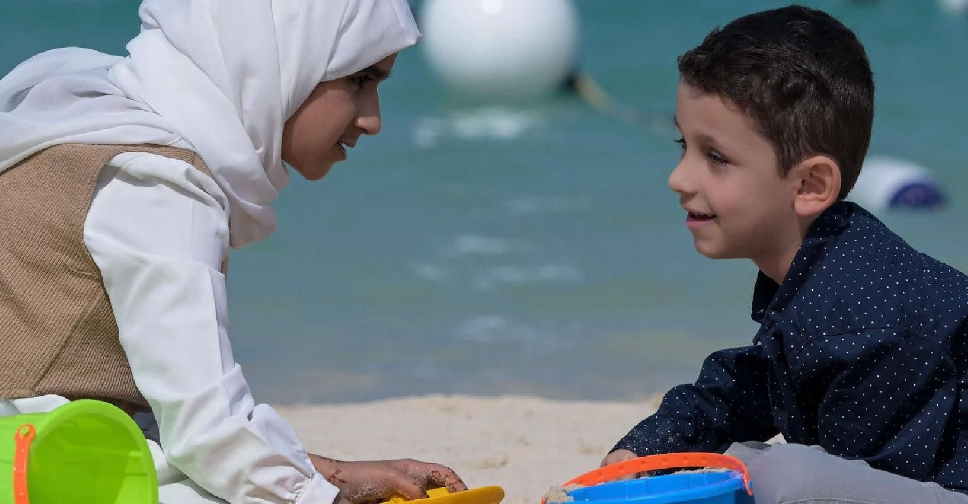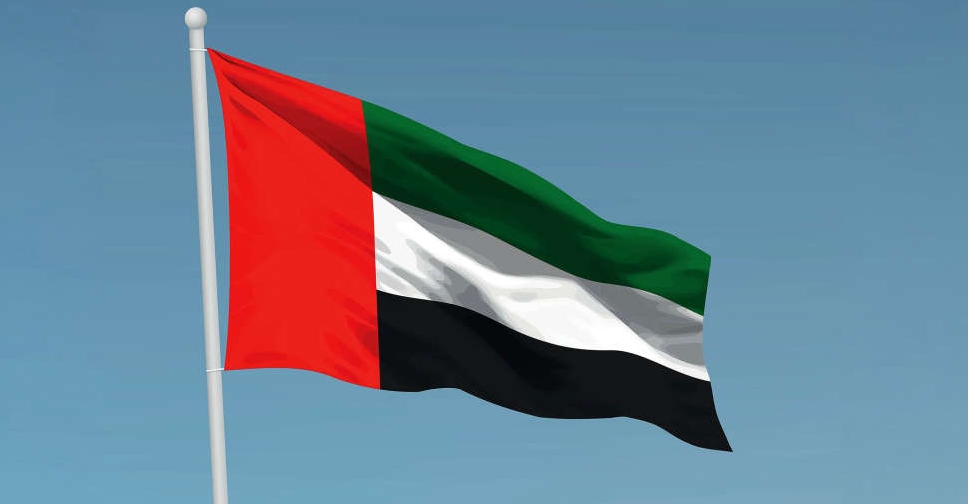
A dedicated beach area for the visually impaired has opened along Abu Dhabi’s Corniche, near Gate 3.
Spanning 1,000 square metres, the new space offers a safe and inclusive environment, complete with enhanced security, accessibility and entertainment features.
The initiative, launched by Abu Dhabi City Municipality, reflects ongoing commitment to inclusivity and improving quality of life for People of Determination.
Recognised by the World Disability Union as a Disability-Friendly Beach, the site meets global accessibility standards.
Key features include tactile guidance paths, Braille signage, sound cues, floating wheelchairs, and a supervised swimming zone tailored specifically for the visually impaired. Entry is free for visually impaired visitors and one guest.
The beach also offers a range of amenities, including accessible walkways, dedicated restrooms, free transportation, and designated parking spaces.
Swimming is permitted from 6:00 AM to sunset, with the beach open daily until midnight. A licensed nurse is also on-site during operating hours to ensure visitor safety.
The Municipality thanked the Zayed Higher Organization for People of Determination for its vital role in reviewing and testing the project’s design.
In line with and emulating the lofty societal values contained in the wise decision of His Highness Sheikh Mohammed bin Zayed Al Nahyan, President of the State (may God protect him), to name 2025 the “Year of the Community,” the Department of Municipalities and Transport,… pic.twitter.com/GsWAZkjk5y
— بلدية مدينة أبوظبي (@AbuDhabi_ADM) April 18, 2025



 Over 7,300 tonnes of UAE humanitarian aid arrives in Gaza
Over 7,300 tonnes of UAE humanitarian aid arrives in Gaza
 UAE President gifts H.H. Sheikh Mohammed photo album celebrating shared journey
UAE President gifts H.H. Sheikh Mohammed photo album celebrating shared journey
 UAE condemns terrorist bombing targeting Pakistani police forces
UAE condemns terrorist bombing targeting Pakistani police forces
 UAE welcomes US designation of Muslim Brotherhood branches as 'terrorists'
UAE welcomes US designation of Muslim Brotherhood branches as 'terrorists'
